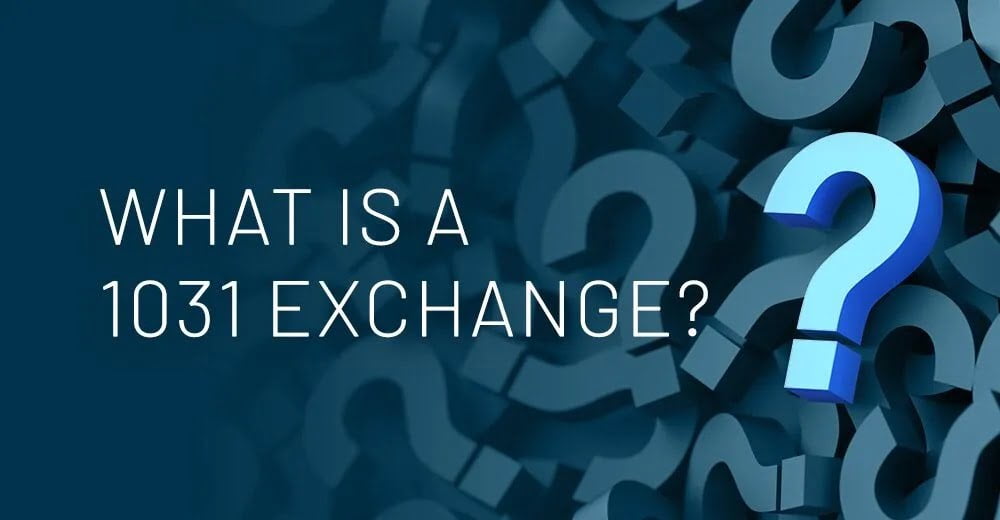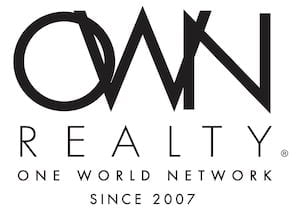
The 1031 Exchange FAQ offers a valuable resource for real estate investors seeking to grasp the intricacies of this tax-deferral strategy. Whether you are a seasoned investor or new to the concept, these Frequently Asked Questions provide an informative guide to better understand the core principles of 1031 exchanges. It is not uncommon for questions to surface regarding this intricate process, particularly for those new to the world of tax-deferral strategies. The FAQ comprehensively addresses key aspects, ranging from the fundamental definition of a 1031 exchange to the types of properties that qualify for such transactions.
At the heart of a 1031 exchange lies the opportunity for real estate investors to defer capital gains taxes, a concept that frequently sparks inquiries. The exchange empowers investors to sell one property and reinvest the proceeds in another similar property, as long as these properties are utilized for investment or business purposes. While a variety of property types are eligible for 1031 exchanges, it’s vital to note that primary residences do not meet the IRS criteria for tax deferral. These foundational FAQs lay a robust groundwork for investors looking to not only understand the core principles of 1031 exchanges but also optimize their real estate investment portfolios for tax savings.
Once you have a solid understanding of the fundamentals, the 1031 Exchange FAQ takes you deeper into the intricacies of the exchange process, providing clarity on matters such as tax implications, critical deadlines, and the indispensable role of qualified intermediaries. Common inquiries include whether a 1031 exchange entirely eliminates capital gains tax.
1031 Exchange FAQ Frequently Asked Questions

It’s crucial to clarify that this strategy defers the tax payment, offering investors the flexibility to postpone it until they eventually sell the replacement property. The identification rules for replacement properties, with a specific 45-day timeframe for selection, are also explored in the FAQs. These comprehensive answers provide valuable insights, ensuring investors can navigate the complexities of 1031 exchanges with greater ease and fully harness the potential advantages of this robust tax-deferral strategy. So below you can get the 1031 Exchange FAQ Frequently Asked Questions and we hope it will help you to clear your all doubts in your mind.
1031 Exchange FAQ
I. What is a 1031 Exchange?
Q1: What exactly is a 1031 exchange?
A 1031 exchange, also known as a like-kind exchange, is a tax-deferral strategy that allows real estate investors to sell one property and acquire another similar property without triggering immediate capital gains tax.
Q2: Are all types of properties eligible for a 1031 exchange?
Most real estate properties can be exchanged, provided they are held for productive use in a trade or business or for investment purposes. However, primary residences do not qualify for 1031 exchanges.
II. How Does a 1031 Exchange Work?
Q3: How does the 1031 exchange process function?
The 1031 exchange process involves four key steps: the sale of the relinquished property, the identification of potential replacement properties within 45 days, the acquisition of the chosen replacement property within 180 days, and the completion of the exchange, all facilitated by a qualified intermediary.
Q4: What is a qualified intermediary, and what role do they play in the exchange?
A qualified intermediary (QI) is a neutral third party who facilitates the 1031 exchange, ensuring that the transaction adheres to IRS regulations. They hold the proceeds from the sale of the relinquished property and help with the acquisition of the replacement property.
III. Tax Implications
Q5: Does a 1031 exchange eliminate capital gains tax entirely?
A 1031 exchange allows you to defer, not eliminate, capital gains tax. By exchanging into another property, you can delay the payment of capital gains tax until you eventually sell the replacement property for cash.
Q6: What are the rules for the identification of replacement properties?
Within 45 days of selling the relinquished property, you must identify up to three potential replacement properties, following the IRS’s identification rules. These rules require the properties to be clearly described in writing.
IV. Timing and Deadlines
Q7: Are there specific timeframes to adhere to in a 1031 exchange?
Yes, there are strict deadlines to follow. You must identify potential replacement properties within 45 days of selling your relinquished property and acquire the replacement property within 180 days.
Q8: Can I extend the 45-day or 180-day deadlines in exceptional circumstances?
The IRS allows extensions in cases of presidentially declared disasters. However, standard extensions for other reasons are not typically granted.
V. Primary Residence and Personal Use
Q9: Can I exchange my primary residence under Section 1031?
No, 1031 exchanges are intended for properties held for investment or business purposes. Primary residences do not qualify.
Q10: Can I use my vacation home in a 1031 exchange?
1031 exchanges are generally not available for properties primarily used for personal purposes. However, if you can demonstrate that the property has been used for investment purposes, it might be eligible for an exchange.
VI. Multiple Properties and 1031 Exchanges
Q11: Can I exchange multiple relinquished properties for a single replacement property, or vice versa?
Learn about the possibilities of combining multiple properties in a 1031 exchange transaction, whether you’re selling several properties and acquiring one replacement property or the other way around.
VII. Financing and Mortgages in 1031 Exchanges
Q12: How does financing work in a 1031 exchange, and can I obtain a mortgage for the replacement property?
Discover the options for financing your replacement property in a 1031 exchange and understand the implications of mortgages and loans in the process.
VIII. Realized Gain Calculation
Q13: How is the realized gain calculated in a 1031 exchange, and what factors affect it?
Get insights into the formulas and considerations used to calculate realized gains when selling and exchanging real estate properties.
IX. The Role of Qualified Intermediaries
Q14: What are the responsibilities and benefits of having a qualified intermediary in a 1031 exchange?
Explore the essential role of qualified intermediaries in facilitating 1031 exchanges and ensuring compliance with IRS regulations.
X. Navigating 1031 Exchange Pitfalls
Q15: What are the common pitfalls and challenges in 1031 exchanges, and how can investors avoid them?
Learn about the potential hurdles and mistakes investors might encounter in 1031 exchanges, as well as strategies for steering clear of these pitfalls.
Navigating the world of real estate investments can be a complex endeavor, and the presence of frequently asked questions (FAQs) plays a pivotal role in demystifying the intricacies of 1031 exchanges. Investors who often ponder the mechanics of these exchanges turn to the ever-helpful 1031 Exchange FAQ for clarity. These FAQs are a treasure trove of information, elucidating the basic concept of a 1031 exchange and the types of properties that can partake in this tax-deferral strategy.
They distinctly outline the process, emphasizing the importance of a qualified intermediary, a crucial figure in this journey. The answers to these fundamental questions are like stepping stones, allowing investors to venture further into the world of 1031 exchanges with a solid understanding of the fundamentals.
1031 Exchange FAQ Frequently Asked Questions
Building upon this foundational knowledge, the 1031 Exchange FAQ delves into more intricate aspects of these exchanges. Investors often grapple with queries about tax implications, deadlines, and the use of 1031 exchanges for primary residences or vacation homes. These FAQs deliver invaluable insights into the nuances of deferring capital gains tax, adhering to strict timeframes, and the eligibility of different property types.
As investors explore these comprehensive answers, they are better equipped to strategize their real estate investments and unlock the full potential of 1031 exchanges. With the 1031 Exchange FAQ as their guide, they embark on their investment journeys with greater confidence, knowing that clarity and knowledge are on their side.
Conclusion
These frequently asked questions provide a fundamental understanding of 1031 exchanges, their benefits, and their limitations. Keep in mind that the specifics of a 1031 exchange can vary based on individual circumstances and evolving IRS regulations, so it’s advisable to consult with tax and legal professionals when considering such transactions. A well-executed 1031 exchange can be a powerful financial tool for real estate investors seeking to defer taxes and optimize their investment strategies.

 Call us today:
Call us today: